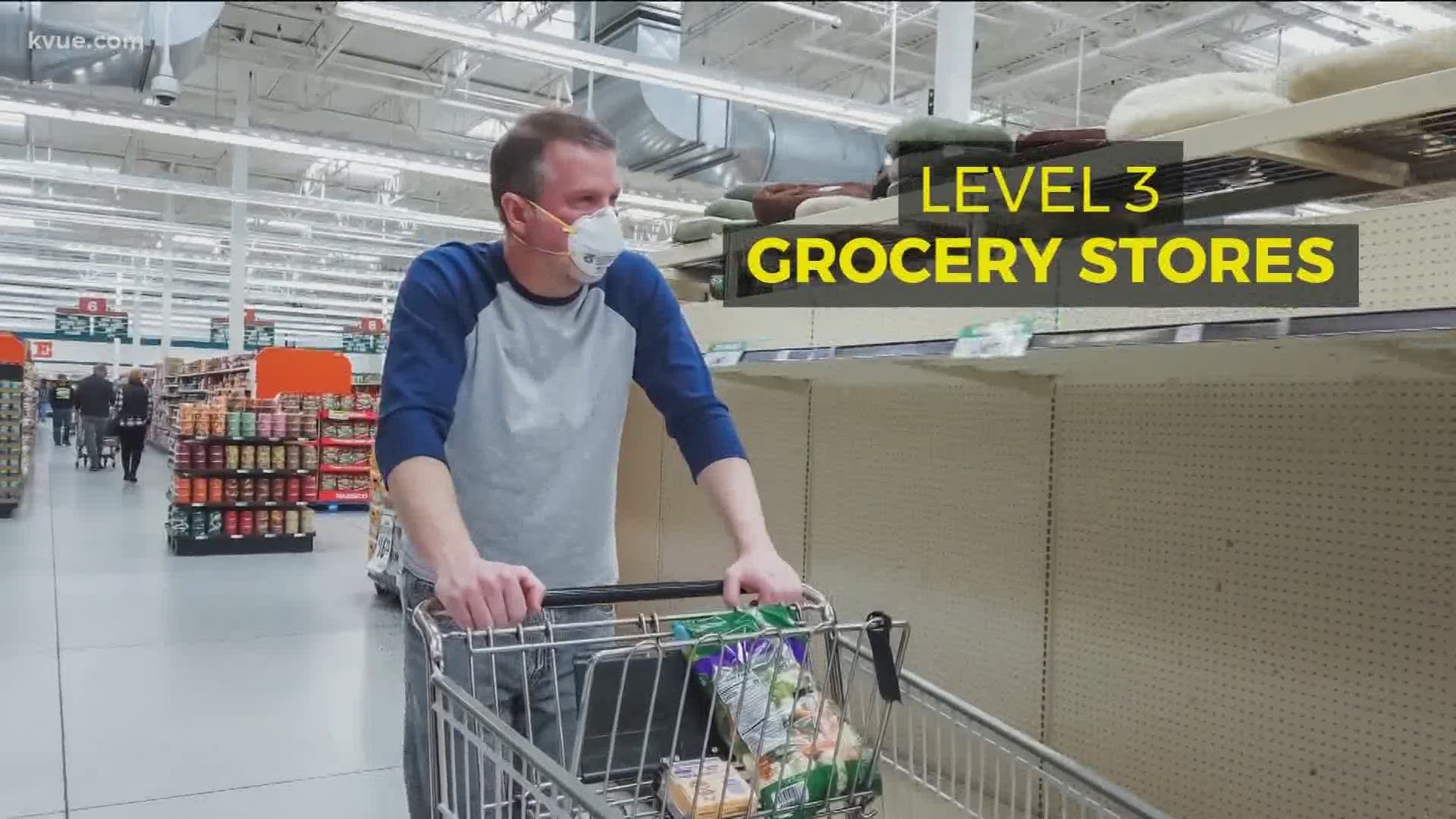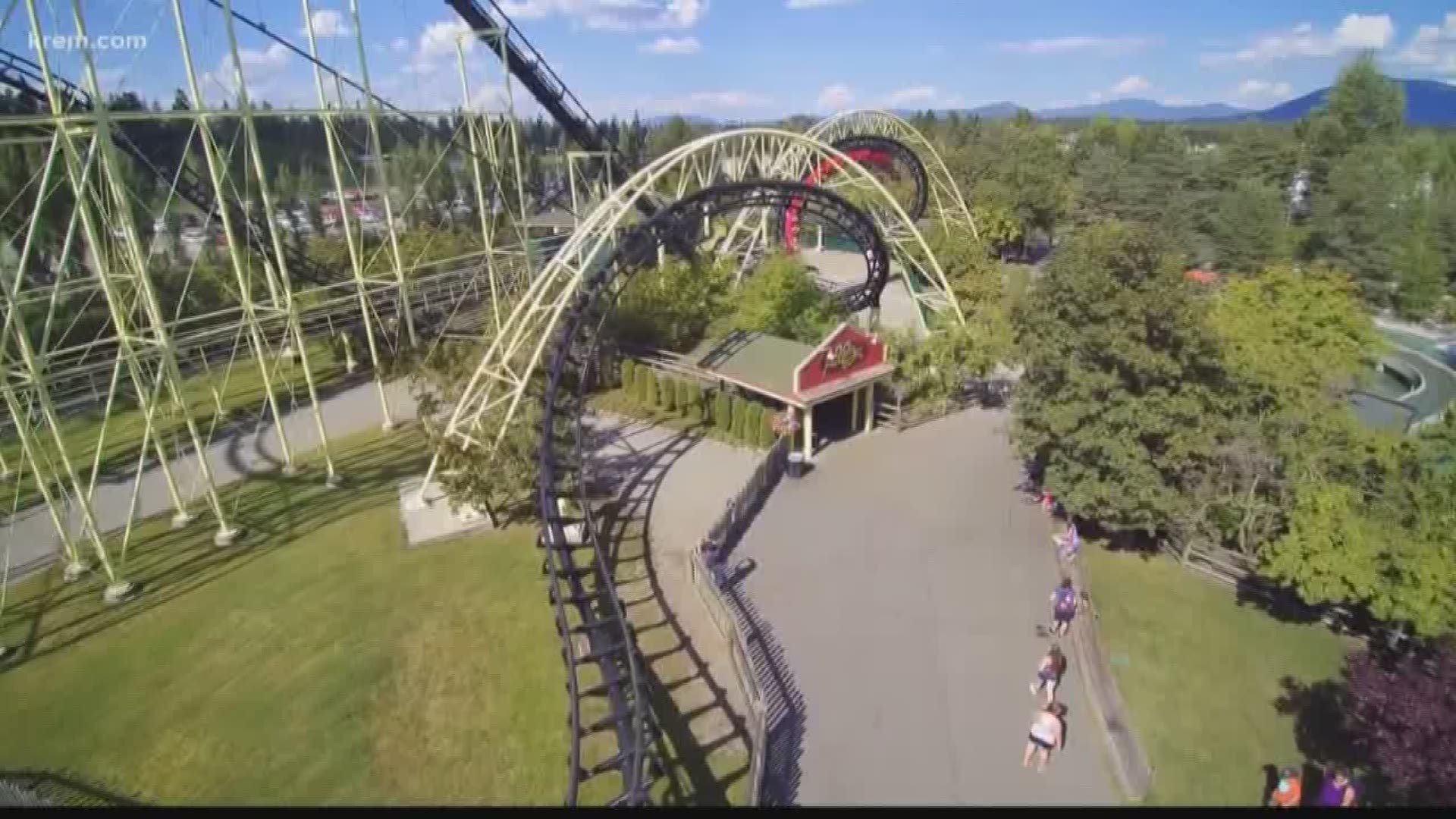SPOKANE, Wash. — Vacation is supposed to be a time to unwind and put away the stresses of daily life. But many people have questions about their safety during the coronavirus pandemic.
We took some of the top travel questions to health expert Dr. Payal Kohli, who works with KREM's sister station in Denver, Colorado.
Dr. Kohli is an internationally-recognized cardiologist, and a leader in both cardiovascular research and disease prevention.
Here's what she had to say about planning your summer vacation.
Is it safe to travel?
Dr. Kohli says the most important questions to ask yourself when traveling are what points of contact you're going to have and how you can minimize contact with others.
Experts know that coronavirus spreads more efficiently indoors than outdoors, so outdoor-based vacations are safer than those that are indoors.
The virus also spreads through close contact with others, so visiting places where there are less crowds, and sticking to your inner circle of close family and friends, is your safest bet.
Is it safer to drive or fly?
Driving is generally safer than flying, with a few caveats, Dr. Kohli said.
“It depends highly on your personal choices," she added. "So if you’re driving long distances, which means you have to make a lot of pit stops or you have to stay overnight at hotels, that could actually potentially increase your risk more than a short airplane flight.”
Dr. Kohli said a long flight where you have to stay overnight in hotels would probably be one of the highest-risk vacations.
If you have to fly to your destination, there are some things you can do to reduce your risk. Dr. Kohli suggests that you should try to avoid touching surfaces and take the window seat on the plane because you are less likely to have contact with people walking by in the aisles.
Some airlines also have specific guidelines and requirements for their passengers, so make sure to check those out before your trip.
Should I camp or stay in a hotel?
A three-to-four-hour road trip to a camping destination with your family is the safest vacation you can take this summer, Dr. Kohli said. That means you don't have to stop at all or you may only have to stop once.
If you do have to stay at a hotel, Dr. Kohli said you should be mindful of the people and surfaces you are coming into contact with, and make sure to wipe down surfaces in your room.
Experts also recommend that you call ahead to see how the hotel you’re considering is working to minimize the risk of COVID-19. The U.S. Centers for Disease Control and Prevention suggests asking if the staff is wearing face coverings, for example, and whether cleaning practices have been stepped up.
To reassure potential guests, many hotels — from luxury resorts to budget brands — are sharing the changes they’re making on their websites. New practices may include adding hand sanitizer stations in lobbies, disinfecting surfaces like elevator buttons more frequently and removing extra items in rooms, such as pens and paper. Breakfast buffets may also be replaced with prepackaged meals.
Are campgrounds open in eastern Washington and Idaho?
Camping in 22 Washington state counties, including Spokane, began to reopen on June 1.
For state parks, the reopening applies to campgrounds and marine facilities. A list of open campgrounds can be found here. Cabins, yurts, and other overnight accommodations, including group campsites, will remain closed during Phase 2.
Primitive campsites on WDFW lands also reopened, along with dispersed camping in wildlife areas for counties that have approved camping. Find a full list of those sites here.
Additionally, most state DNR-managed sites will reopen on a rolling basis. Whether or not a campsite opens on DNR land depends on location and maintenance needs. Find a list of DNR day-use sites and campsites here.
Many campgrounds in Idaho also reopened over Memorial Day weekend.
How safe is going to a restaurant or bar?
“I would not advise going to a bar at this time," Dr. Kohli said, adding that contact is probably closer among people.
But she said it's "pretty safe to eat at a restaurant" if you follow certain precautions. She suggested making reservations when you go out to eat and trying to sit outside if possible.
Diners should also use contactless menus and payment options if they can, and keep hand sanitizer with them at their tables.
It's important to note that there have been no documented cases of food-borne coronavirus transmission in the United States.
On a scale of 1 to 10, what is the least risky vacation and the most?
As Dr. Kohli said previously, the least risky vacation you can take is a camping trip with your family to a nearby destination.
She said a long, overnight flight to a crowded place or one overseas is the most risky vacation. Those who visit crowded resorts or casinos are also facing a higher risk of contracting coronavirus.
Dr. Kohli said visiting a resort and hanging out by the pool is not a low-risk activity, but she wouldn't consider it high-risk. It probably lies somewhere in the middle.
For now, her advice is still to pick a low-key vacation where you don't have to stress out about keeping yourself safe.
“I know summer is here right now, but it’s important to make sure that we continue to keep this stuff in check because Washington was a site of one of the biggest outbreaks in the country. That’s where this all started," she said. "And the last thing we want to do right now is to lose all of the progress that we’ve made in the last few months, and have to go back to going into an extreme shutdown or lockdown state again.”
Are theme parks like Silverwood safe?
“I think a theme park is a little trickier because you have a lot of people touching a lot of surfaces and there’s a lot of contact,"Dr. Kohli said.
She added that coronavirus contact tracing at a theme park is "nearly impossible."
Those in high-risk groups should absolutely avoid a theme park. If those in low-risk groups plan to visit one, they should wear a mask, social distance and sanitize their hands for 20 to 30 seconds after touching surfaces, Dr. Kohli said.
The good news? Theme parks like Silverwood have reduced their capacity, which somewhat reduces the risk of transmission. It also helps that the park is outdoors.


